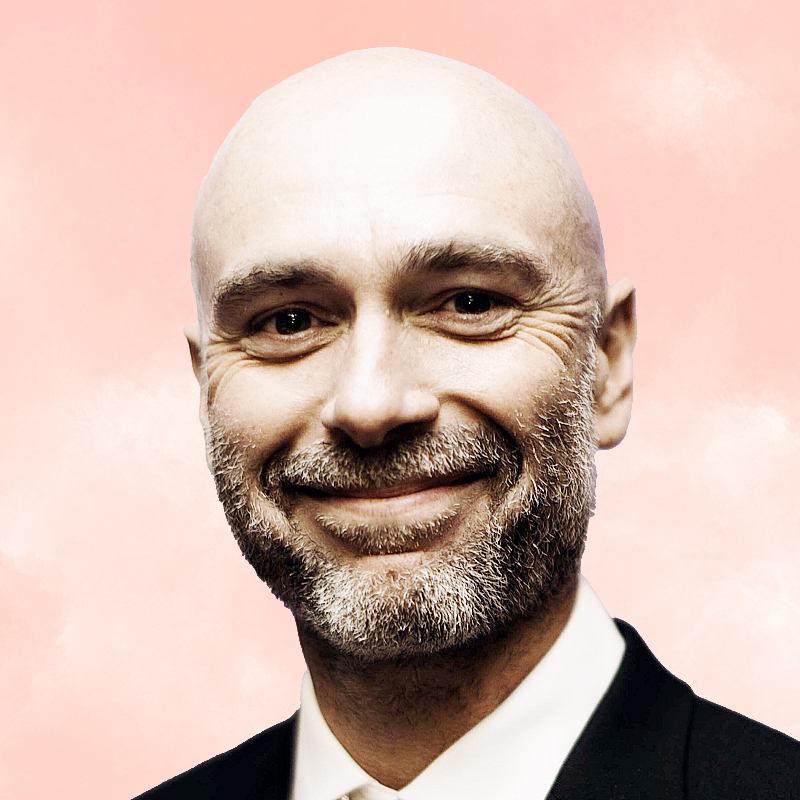Mark Watts is executive director of C40 Cities, a global network of nearly 100 mayors united in climate action. In 2023, Watts and C40 helped facilitate the launch of a landmark green shipping corridor across the Pacific, to serve as a catalyst for decarbonizing shipping by 2030.
What sustainability effort do you hope will gain popularity with the general public this year, and why?
The 15-minute city. The reason the fossil fuel industry is desperately spreading disinformation about 15-minute cities is because they make it easier for people to thrive without fossil fuels. The concept is simple: Every city dweller should be able to access parks, shops, schools, health services, work, and other basics of a rewarding life within a short [15-minute] walk, cycle, or public transit trip of their home. The Intergovernmental Panel on Climate Change calculates that designing cities around these principles—which mayors in every continent are now doing—could reduce global carbon emissions 25% by 2050.
What is a climate technology that isn’t getting the attention or funding it deserves?
We can’t halt climate breakdown while burning more fossil fuels. Governments aren’t willing to stop new drilling, and investment in oil and gas hit record highs in 2022, so we have to cut demand. Enter air source heat pumps. Cities are regulating to require air source heat pumps, not boilers, in buildings. Heat pumps are three to five times more energy efficient than gas boilers and cheaper for households to run. About 85% of the gas industry’s profits in the U.S. come from supplying gas to homes and workplaces, so these measures hit polluters where it hurts, slashing demand for gas while creating more jobs.
What’s the most important climate legislation that could pass in the next year?
We need urban clean air zones. Removing polluting vehicles from cities is the best two-for-one offer in the climate action universe. Clean air zones deliver immediate benefits that people really care about—breathable air, less noise, safer roads—and cut carbon emissions in transportation, a sector in which pollution otherwise continues to grow. The world watched as climate delayers tried to stop what is now the world’s largest clean air zone in London, but its success (nitrogen dioxide emissions were slashed by 46%), and mayors’ willingness to learn from each other, means many other major cities will now implement similar policies.
- What Student Photojournalists Saw at the Campus Protests
- How Far Trump Would Go
- Why Maternity Care Is Underpaid
- Saving Seconds Is Better Than Hours
- Why Your Breakfast Should Start with a Vegetable
- Welcome to the Golden Age of Ryan Gosling
- The 100 Most Influential People of 2024
- Want Weekly Recs on What to Watch, Read, and More? Sign Up for Worth Your Time
